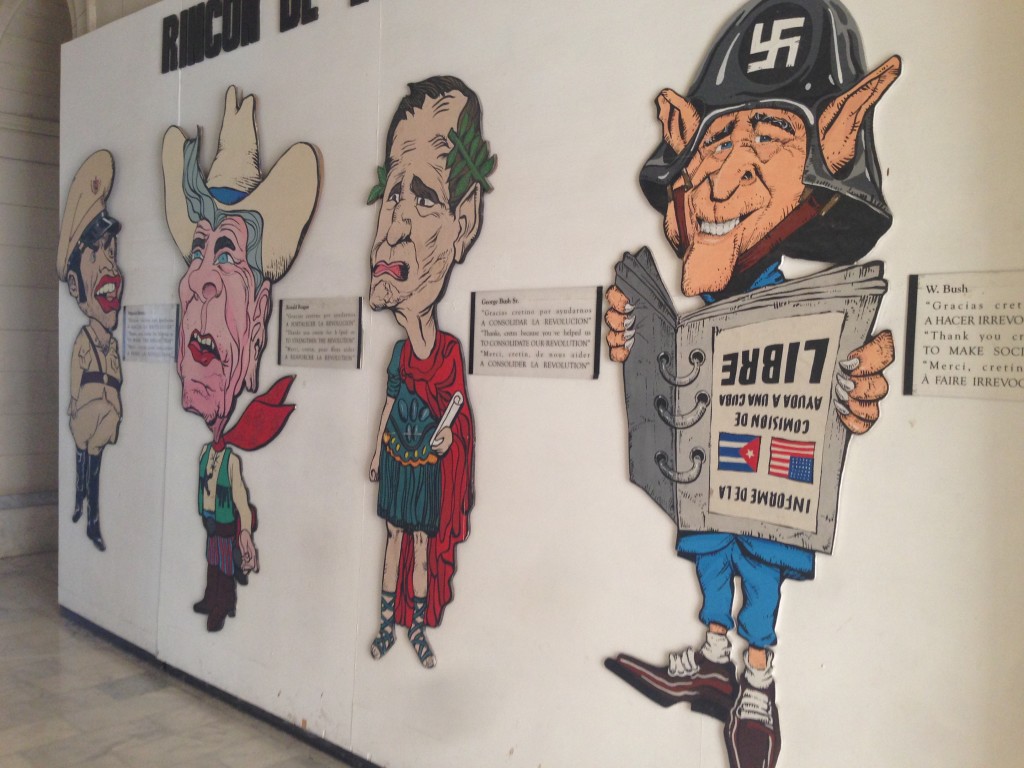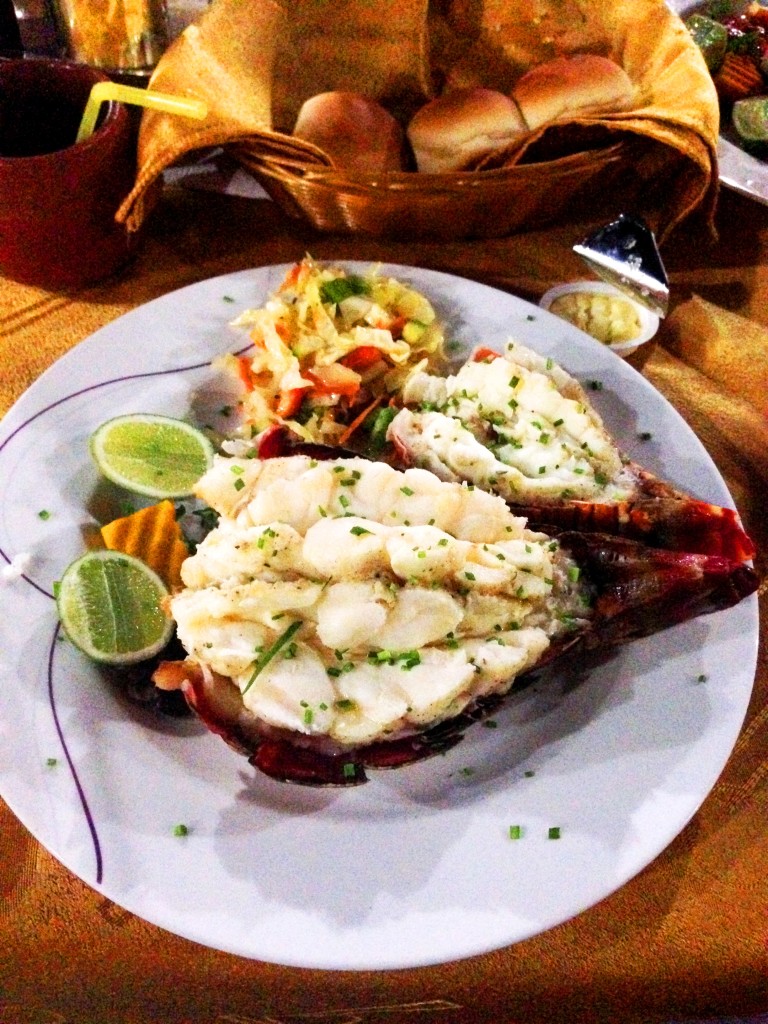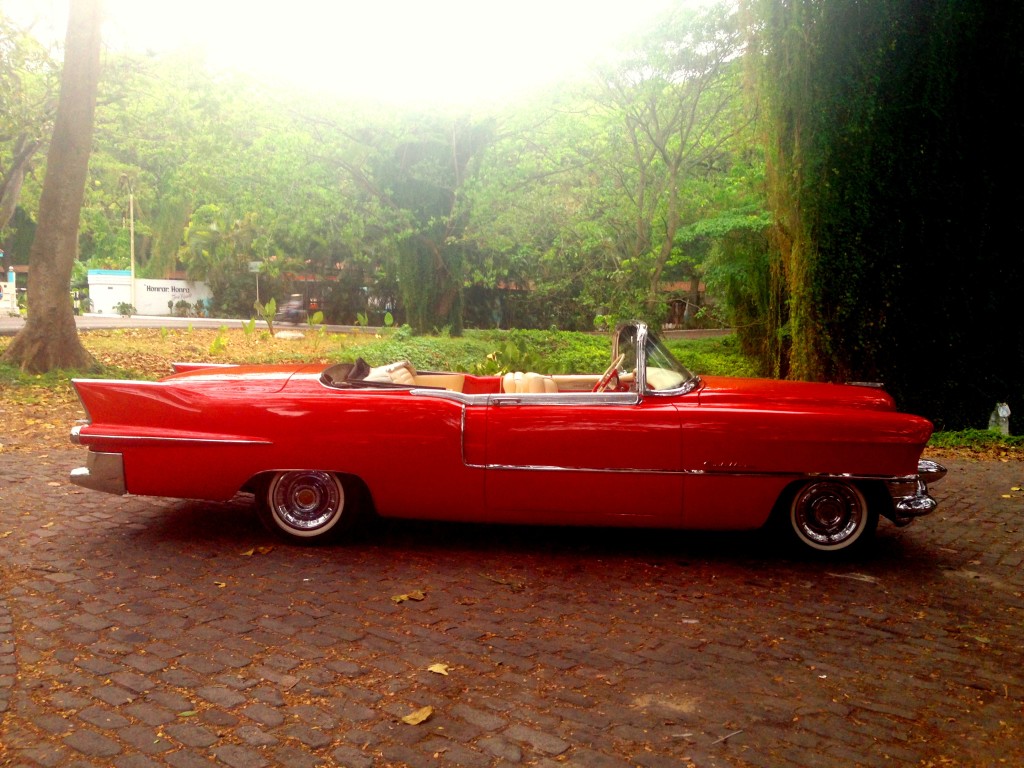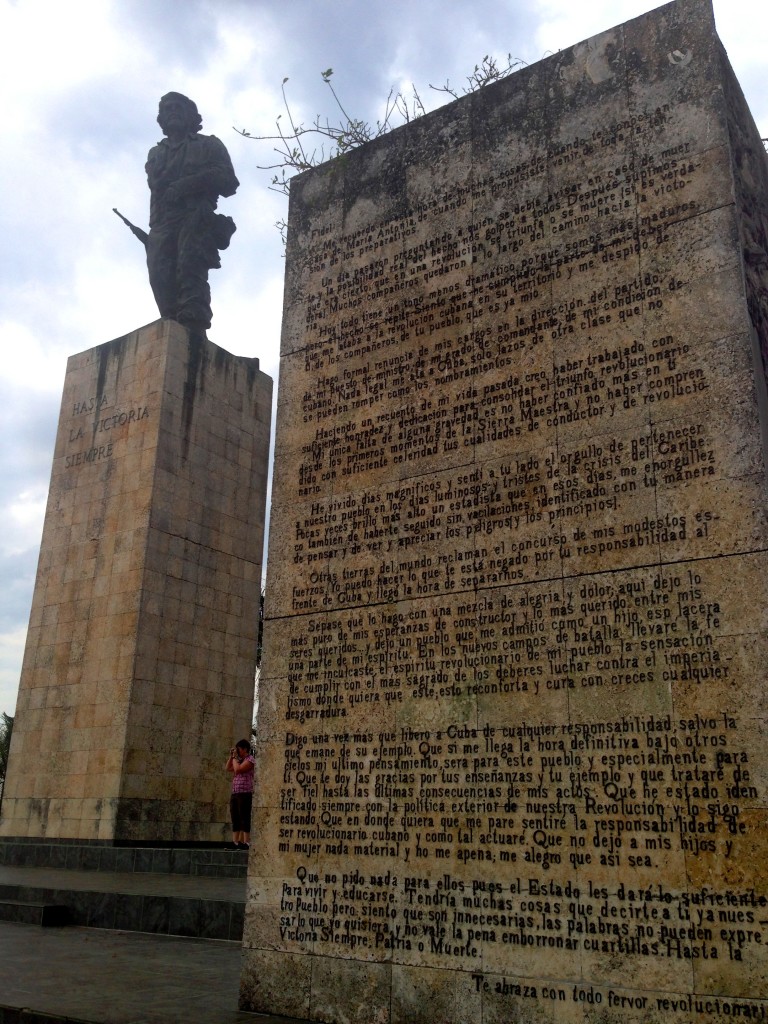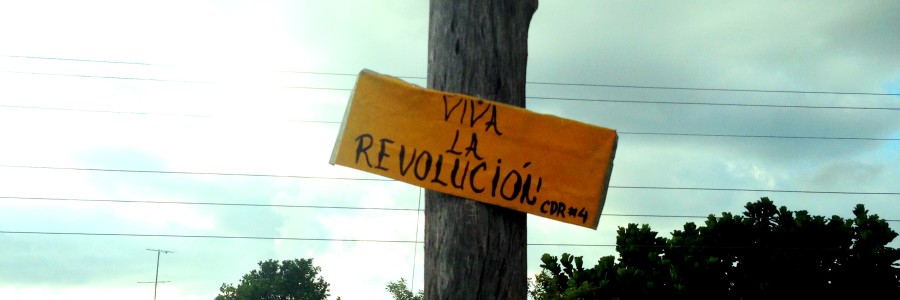
The New Cuban – Part 1
Cuba has been undergoing somewhat of a tourism transformation since the 88 year old Fidel Castro handed over to his baby brother Raul, who is a spring chicken at 84. In addition the US trade embargo will start being lifted this year. That’s right, the yanks are finally letting their neighbours have a slice of the non-Venezuelan/non-North Korean pie (not to demean the quality of pies from those countries without admittedly having tasted either). The money gained from foreign tourism outstrips even the most prestigious of state jobs, meaning that a new class of Cuban is emerging. You know something is up when a waiter earns more in an hour from tips than an aeronautical engineer does in a month (even if they are really good at relaying the daily specials off by heart).
Let’s get something straight for a moment: Cuba, for the majority of the last 55 years, has not been allowed to conduct international business with any nation that trades with the USA. As you might imagine, because pretty much every country trades with the USA, this causes difficulties when it comes to having things. Things in the UK, in Europe, in wherever you’re reading this from, exist. I want some toothpaste? I go buy the toothpaste, because it exists here. I don’t know how, or why, I just know it’s there, sitting in the Holy Kingdom of Boots with all its cousins like floss and bic razors and tiny bottles of travel conditioner that last for literally one wash, what the fuck is the point of those by the way?
In Cuba, a lot of things don’t exist. They only have things that they either produce within Cuba, or import from the famously lavish and prosperous nations of Venezuela or North Korea, i.e. very little. Cuba happens to be a tropical island, which means they have an abundance of certain things, but a complete and utter lack of other things. You want aloe vera? Help yourself. You want toothpaste? Too bad, no flouride. (Disclaimer: before you go thinking they all have terrible teeth, they don’t. They use this weird gummish stuff instead but it ain’t pleasant).
The things that DO exist are incredibly cheap. Rum, aloe vera, lobster, coffee, tobacco and coconuts are all plentiful. The things that DON’T exist are extortionate because they aren’t meant to exist, as we all found out in 1999 with the shiny Charizard card. It means that most Cubans can live within their means, and have a pretty average lifestyle for a country that really should have more poverty, but their means are very limited in an international context.
They also happen to have everything left over that the USA gave them prior to the revolution in 1959. The USA actually poured a lot of money into their hedonistic latino playground, which obviously ended up backfiring horrifically, but has left Cuba with a random infrastructure that is occasionally advanced totally out of context. In short: anything that we use in the modern world that was pioneered prior to 1959, or hasn’t massively progressed since then, exists in Cuba. Havana has possibly the best irrigation system in Latin America (you can flush your toilet paper!!!!!!!!!111), it also has excellent telephone lines and most famously, an abundance of scintillating classic United States cars that would be worth tens of thousands anywhere else, but are worth less than a packet of Percy Pigs in Cuba (seriously. We gave our hosts some as a gift and they didn’t know whether they were sweets or expensive decorations).
Now, whilst Cuba only has its internal context to compare itself with, everyone ends up as this sort of lower-middle class of averageness and life goes on. But the last few years has seen the seeping in of internationalisation, and that is the real point of these two articles. Let’s unpick this for a moment. There are two ways to earn money in Cuba: state paid jobs, and tourists.
State paid jobs are meant to be the only way to earn money. These range from being doctors and nurses, to engineers, to architects, to builders, to teachers, to literally everything. University is free, so you can just go and learn how to be something and then do it. Engineers are paid in the region of 15 US Dollars. Per month. Medical professionals have it lavish, coming in at around 35 US Dollars per month. Teachers land somewhere in the middle. But when the water supply, electricity supply (and indeed all facilities) are free, local food and drink made from things grown in Cuba cost pennies and society is familial enough to share a lot of other commodities, this tends not to be too much of an issue, as there is literally no potential for a wealth gap.
I believe this is broadly called Communism in practice. The issue arises when a bunch of not-Communists turn up and start throwing Dollar around like they’re extras from The Wolf of Wall Street. Enter the tourists.
I’m rolling in, dropping like 5 bucks on a big fuck off lobster and feeling like some kind of Floyd Mayweather, and in my rum soaked generosity I flip my waiter a couple of bucks as a tip for helping me get the meat out of the claw.
